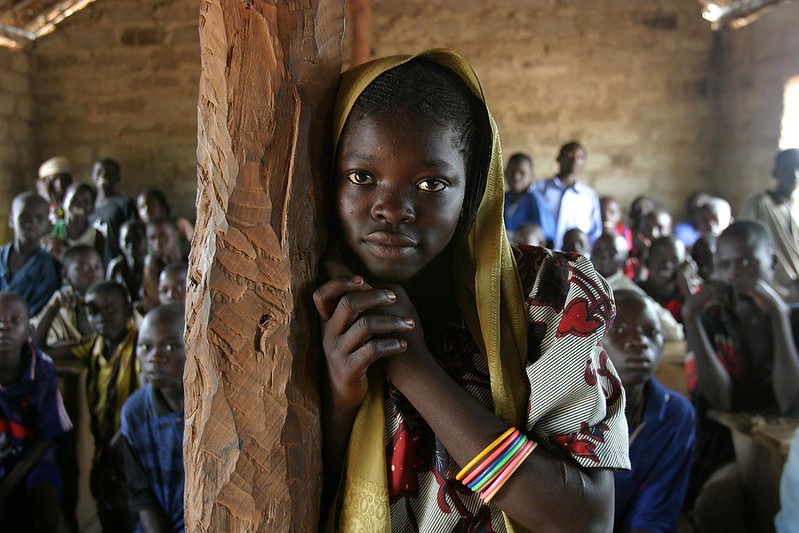Access to Electricity in the Central African Republic
 The Central African Republic (CAR), is one of the poorest countries in the world. Currently, efforts are being made to bring electricity to those without it. These projects, if successful, could almost double the country’s electricity generation capacity, according to the World Bank, which is funding some of these projects. This increased access to electricity in CAR, primarily from renewable sources, will bring new energy into this impoverished country’s infrastructure and quality of life.
The Central African Republic (CAR), is one of the poorest countries in the world. Currently, efforts are being made to bring electricity to those without it. These projects, if successful, could almost double the country’s electricity generation capacity, according to the World Bank, which is funding some of these projects. This increased access to electricity in CAR, primarily from renewable sources, will bring new energy into this impoverished country’s infrastructure and quality of life.
About CAR
CAR is one of the poorest and most unstable countries in Africa and the world. Violence and conflict have been a reality in the country for decades and a military coup in 2013 resulted in various groups fighting within the country since then. This violence has displaced approximately 1.4 million people, with almost 750,000 people having to flee the country altogether.
This ongoing cycle of conflict has made humanitarian assistance difficult in CAR, which has posed a devastating problem to those living in extreme poverty, a population that numbers approximately 71% of the country’s 6.1 million people. Consequently, the rates of acute hunger and gender-based violence in CAR are both high. Additionally, education rates are low and the country’s economy has experienced an ongoing crisis in recent years.
A Glimpse of Hope in CAR
However, not all is dark in CAR. Funding for humanitarian aid from the international community is working to address poverty. One hardship that some actors are aiming to tackle is access to electricity. At present, only 14.3% of the population in the country has access to electricity. This service is largely limited to the capital city, Bangui. The figure drops dramatically in rural areas, with just 2% of the population having electricity. Almost all energy production in the country currently comes from biofuels like wood or charcoal or fossil fuels like diesel.
Renewable Energy in CAR
Renewable energy can open the door to electricity access for thousands in the Central African Republic. Currently, multiple actors are taking different routes to realize the potential of the country’s renewable energy resources. The African Development Fund, a part of the African Development Bank, has provided millions in funding for rehabilitating the Boali hydroelectric plant, which is expected to provide electricity to 100,000 people in CAR and the Democratic Republic of the Congo (DRC).
The World Bank has also rolled out multiple projects to increase solar energy production in the CAR. These efforts have included not only improvements to existing electricity infrastructure and the creation of new and improved transmission lines but also the building of a 25-megawatt solar panel site that was completed in November 2023. This solar park will provide electricity to 250,000 people in the capital city of Bangui.
Final Remark
The effects of increased electricity access in the Central African Republic will enormously benefit the country. According to Ousmane Diagana, the World Bank Vice President for Western and Central Africa, “Thanks to this project, health centers, schools and businesses will have increased access to electricity and this will enhance productivity and promote job creation.” Access to electricity in CAR, brought on by tapping into the country’s renewable energy potential, has and will continue to bring progress to the country’s economy and the quality of life for the millions living in poverty.
– Lyle Seeligson
Photo: Flickr
